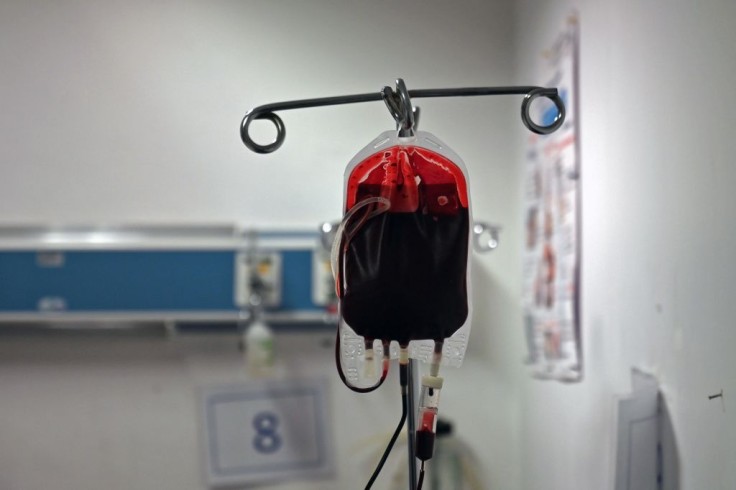
Doctors who looked into a teenager with medical symptoms failed to make a leukemia diagnosis that could have extended her life. Katie Wilkins was only 14 years old when she passed away five days after being told she had acute promyelocytic leukemia (APML). Her mother felt the hospital could make the same mistakes with other children.
Katie and her parents, Jeanette Whitfield and Jonathan Wilkins, have been in and out of the hospital several times since she presented symptoms of leukemia in 2020. An inquest into her case was recently heard in court to determine the extent of neglect and lay out a verdict for two hospitals in the U.K.
Assistant Coroner Katy Ainge confirmed that Katie died because of intracranial hemorrhage, aggravated by neglect, per Wales Online. She succumbed to her condition at the Alder Hey Children's Hospital in July of that same year.
Read Also: Teenage Cancer Survivors Become Parents Together; They Thought Chemotherapy Affected Their Fertility
How Did Doctors Miss Katie's Condition?
Katie and her parents initially went to doctors at Warrington Hospital when she complained of pain and abscess a month before she died. She returned to the doctors five times more when her condition did not improve. She was also experiencing some bruising and fever along with the pain.
According to 7 News, the medical staff didn't take any blood tests to diagnose her condition for her first visit properly. When she collapsed at the hospital during one of her visits, that was the only time doctors decided to take a blood test.
After discovering she had APML, an aggressive blood and bone marrow cancer, Katie was transported to the Alder Hey Children's Hospital, believed to have a better facility and staff, and was given prescription medicines. Unknown to the family, her team of oncologists and hematologists at Alder Hey had failed to coordinate with her other treatments.
On her second day at the children's hospital, Katie experienced a terrible headache. She was bleeding in her brain, but doctors also failed to diagnose this until she collapsed again. Katie underwent emergency surgery, but it had been too late.
The coroner's report highlighted that the hospital staff had a shortage of blood doctors or hematologists who could have worked with the oncologist for Katie's treatment. Like Katie's parents, Ainge also expressed concerns that the patients' care management at the hospital may not have been adequate. The issue has become a national concern that has to be addressed by the Secretary of State for Health.
Coming to Terms With Losing Katie
Whitfield told Liverpool Echo that there is some validation in finding out from the inquest that neglect contributed to her daughter's death. However, she is still coming to terms with losing her daughter two years later.
Hearing the details of her struggles again has been very difficult, but she is grateful that the truth has come out. The family, however, hopes that other kids receiving treatments at the hospital would have improved care by now.
"We believed that the staff at Alder Hey were experts who would treat our daughter with the utmost care," Whitfield said. "We were wrong."
Related Article: Life-Saving Cancer Drug for Kids Low in Supply After Pharma Companies Stopped Production